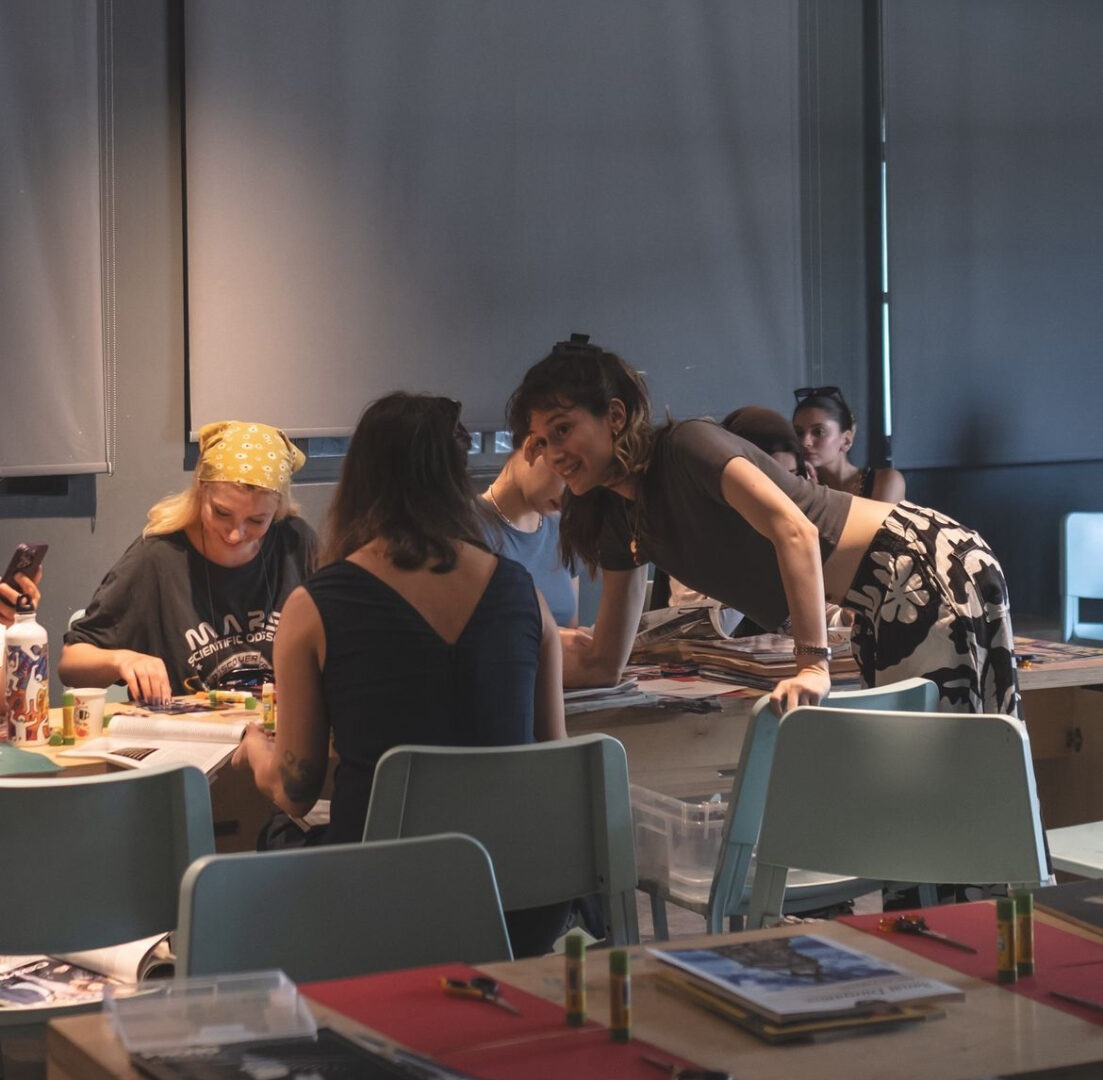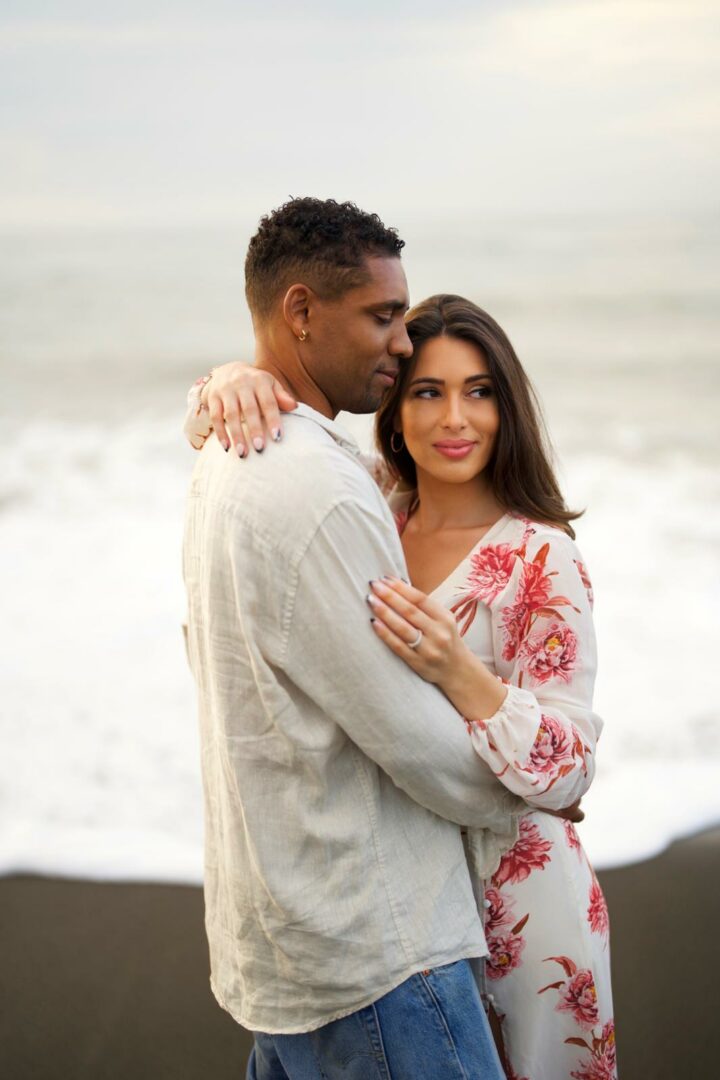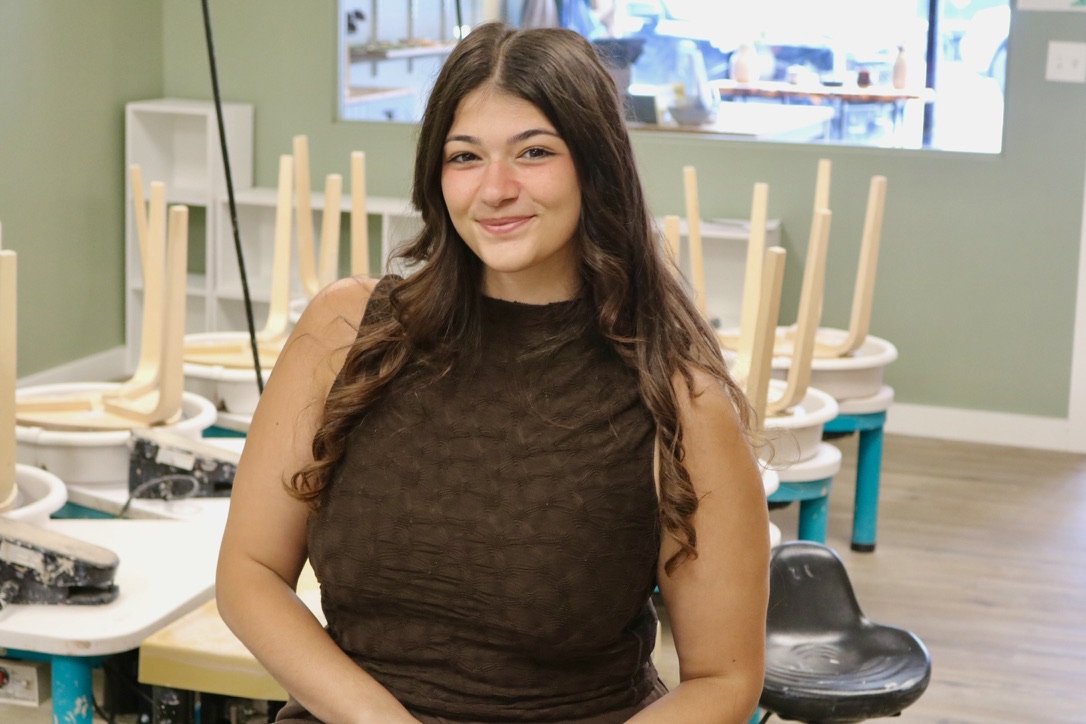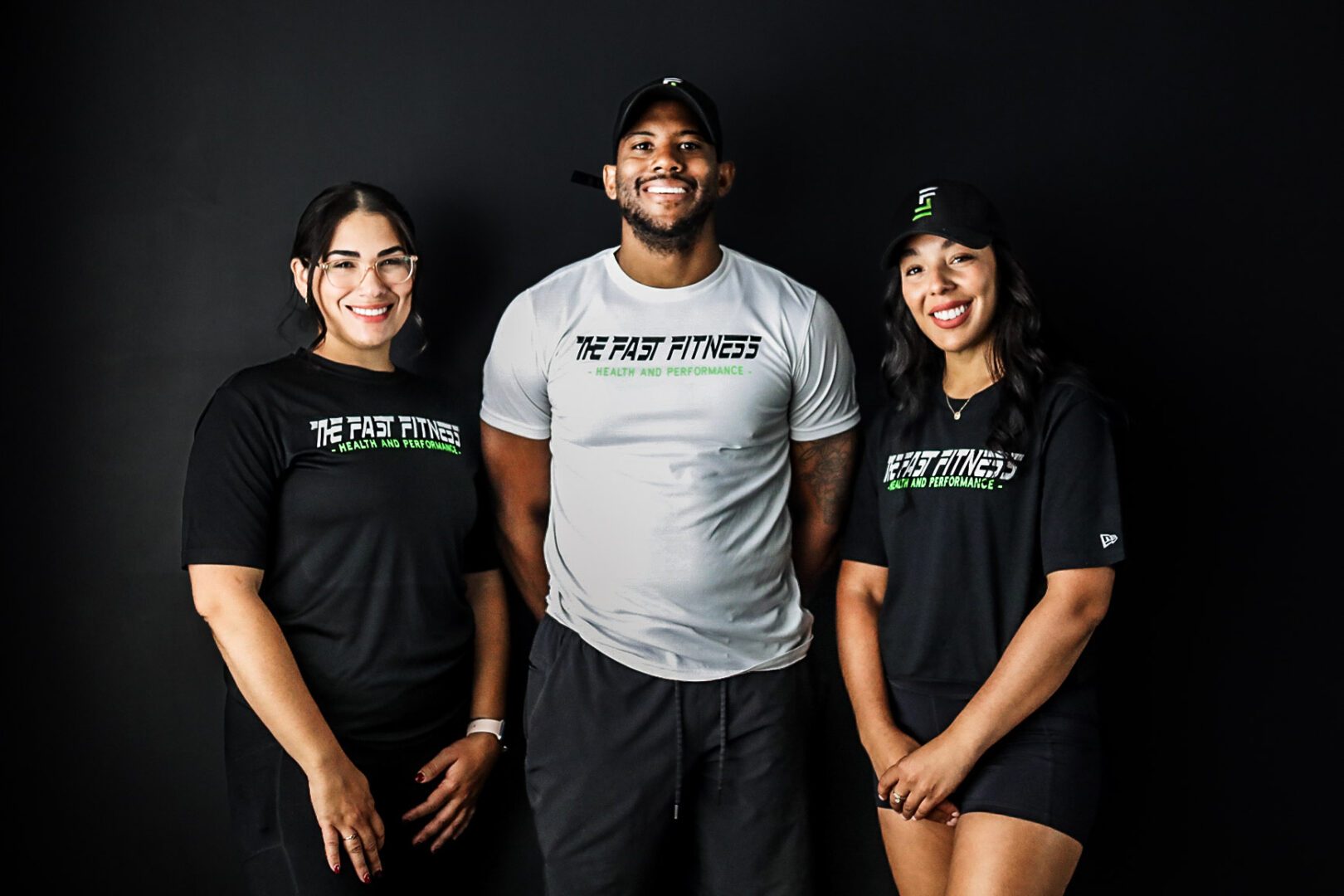We caught up with the brilliant and insightful Ayşe Derin Ergenç a few weeks ago and have shared our conversation below.
Ayşe Derin , thank you so much for making time for us today. We’re excited to discuss a handful of topics with you, but perhaps the most important one is around decision making. The ability to make decisions is a key requirement for anyone who wants to make a difference and so we’d love to hear about how you developed your decision-making skills.
My journey to developing my decision-making skills and techniques has been long, interesting, and full of adventure. I used to be someone who overthought, was indecisive, and, even if I made a decision, would feel a bit of regret afterward. Especially when I was tired, I would often experience decision paralysis, and I had a deep fear of making mistakes.
Collage, in a broad sense, reshaped my decision-making process. I used to want to control everything, feeling uneasy otherwise, but I gradually learned to tolerate randomness and uncertainty.
When I start an analog collage, I don’t actually choose the final image; instead, I select each next step, one by one. These steps eventually lead me to an endpoint—a “choice of choices.” This process encourages me to trust the journey in my creative process. I’ve learned to believe that the right piece will appear when needed and that I can make it fit, trusting both the uncontrollability of the outside world and my ability to adapt to it when I encounter it.
Collage also shifted my approach in decision-making from aiming for “right for everyone,” “perfect,” or “flawless” to questions like, “Which piece resonates with me?” or “What feels familiar?” This change began to shape the direction of my choices as well.

Let’s take a small detour – maybe you can share a bit about yourself before we dive back into some of the other questions we had for you?
I am an analog collage artist, a psychologist, and an advocate for accessible, inclusive art. My career journey is a blend of creativity, art, and psychology, each feeding into the other to create a meaningful, healing, and exploratory practice. I believe in using art, especially collage, as a tool for self-expression, healing, and identity building—particularly for neurodiverse individuals who may not feel fully seen or included in traditional settings.
The most exciting part of my work is witnessing how the collage medium, with its layers and fragments, helps individuals piece together different aspects of themselves. Each analog collage project is a journey into the unknown; I never pre-plan the final image but let each step reveal itself, creating a natural flow that mirrors life’s uncertainties and decisions. This way of working has taught me to trust the process, to find beauty in randomness, and to remain open to new possibilities, all of which have become invaluable life lessons.
In addition to my artistic work, I’ve started offering free psychological support to artists who may feel creatively or personally stuck. This work complements my role at derinartroom, where I host collage workshops designed to make art more accessible and meaningful for everyone. Through these workshops, I aim to provide a space for people to connect with their creativity, discover new perspectives, and engage with art in a supportive environment.

There is so much advice out there about all the different skills and qualities folks need to develop in order to succeed in today’s highly competitive environment and often it can feel overwhelming. So, if we had to break it down to just the three that matter most, which three skills or qualities would you focus on?
1. Empathy and Deep Listening
Empathy has been one of the most impactful qualities in my journey. Working in both art and psychology, I’ve found that the ability to truly listen and understand others’ perspectives is foundational, not just for personal connections but also for creating meaningful art. Empathy allows me to connect deeply with both the people I support and the viewers of my artwork, tapping into shared human experiences.
Advice: Developing empathy starts with oneself. Try to understand your own dreams, listen to your voice when you sing, observe your body, and get to know yourself as you would get to know another person. This self-connection is essential. Also, reading novels or stories can be a natural path to empathy. As you enter the inner world of a character, you go through a process of understanding their experiences. Reading a book can be like empathizing with the character, and when done often enough, you begin to view everyone around you through that same lens of understanding.
2. Intuition and Trusting the Flow
One of the qualities that has greatly influenced my journey is intuition. Trusting my instincts has allowed me to embrace the unknown, let go of control, and remain open to possibilities. In both my art and my personal growth, intuition guides me, helping me adapt to the unexpected and create with a sense of flow rather than strict planning.
Advice: To strengthen your intuition, start by letting go and immersing yourself in the moment. Allow yourself to dance freely, listen deeply to your surroundings, and let go of the need to control every detail. By surrendering to the flow, you’ll find it easier to tune into your instincts and discover what feels right, often leading to unexpected and beautiful outcomes
3. Courage
Although it took me some time to fully embrace, courage has become one of the most important qualities in my journey. I believe that creative and sensitive people are naturally inclined to question—not only the world and conventional ideas, which makes them ideal agents for change, but also themselves and their own abilities, leading to self-doubt. Having the courage to walk forward with faith in one’s talents and to contribute to a world that has yet to be realized is vital. It’s the courage to work for a world you believe in, even if it hasn’t yet taken shape—the courage to believe in the unknown.
Advice: Remember that the world benefits more when you bring your true self rather than trying to fit a mold. When we are who we genuinely are, we offer the world something unique and beautiful. The world doesn’t need more false people; it needs authenticity and the courage to embrace it.

What do you do when you feel overwhelmed? Any advice or strategies?
When I feel overwhelmed, I have a few things that help me recenter. I drink green tea, take a hot shower, dance, make a plan, or hug someone I love. I try to stay realistic but courageous. And if I’m not feeling particularly brave, I have a playlist I turn to that helps me tap into that courage.
Contact Info:
- Website: https://aysederinergenc.com/
- Instagram: @derincilik




Image Credits
İrem Akbulut
so if you or someone you know deserves recognition please let us know here.




